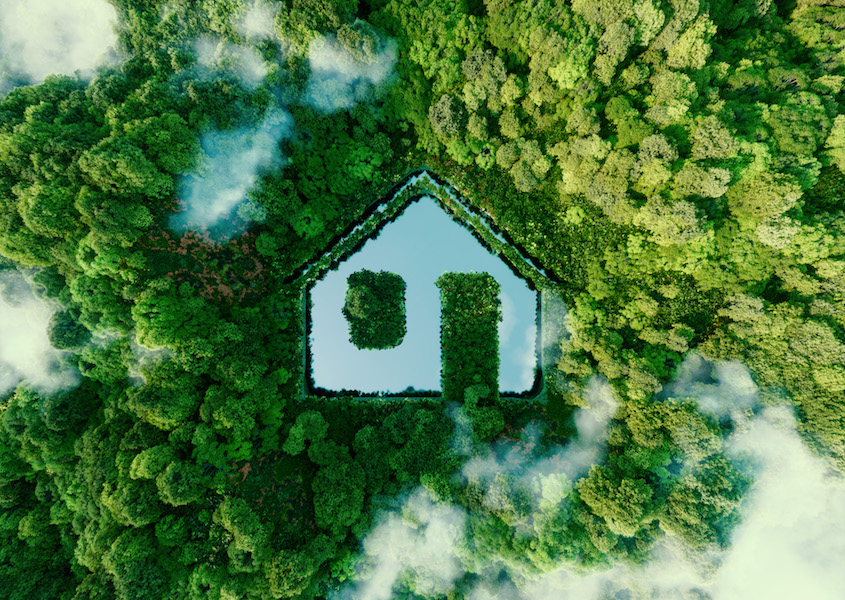The world is evolving and this sees trends come and go, one trend which has stuck around and seems to be here to stay is sustainability. What is sustainability, how can my family practice being sustainable in our home and what are the benefits for us?
Sustainability means meeting the needs of today without compromising the needs of future generations. In simple terms, looking after the environment and preserving natural resources means everyone benefits.
There are several ways you and your family can adopt sustainable practices at home.
- You can reduce your water consumption by installing water-efficient fixtures, such as low-flow toilets, aerated faucets, and high-efficiency showers. These fixtures can all massively reduce a household’s water usage, whilst still achieving effective performance.
- Regular household checks are a great incentive towards being more sustainable as leaky taps and pipes may seem like minor inconveniences, but they can turn into major problems, wasting hundreds of litres of water a month. Identifying these and acting promptly to get them fixed is a very easy sustainable act.
- Considering tankless water heaters is a great way to reduce your energy bill as they are more efficient because tankless water heaters heat water on demand, eliminating the standby energy losses of having a hot water tank with hot water 24/7.
- By insulating your pipes, heat loss is prevented and water temperature is maintained, this reduces the need of running your tap for extended periods waiting for hot water. This not only conserves water, but also saves energy.
- Be proactive by scheduling regular plumbing maintenance. Regular checks can identify problems earlier, before they require major action to fix damage.
What are the benefits of being sustainable?
By becoming more sustainable, you and your family can reduce your carbon footprint, ultimately benefiting the environment and saving yourself significant amounts of money. By adopting sustainable practices in your households such as low-flow toilets, it’s a small change that can have big impacts to environmental well-being but also to your bank account. The same goes for regular maintenance and checks, whether you do this yourself or get a professional to take a look for you, identifying a problem before it becomes too big can benefit you massively financially.

